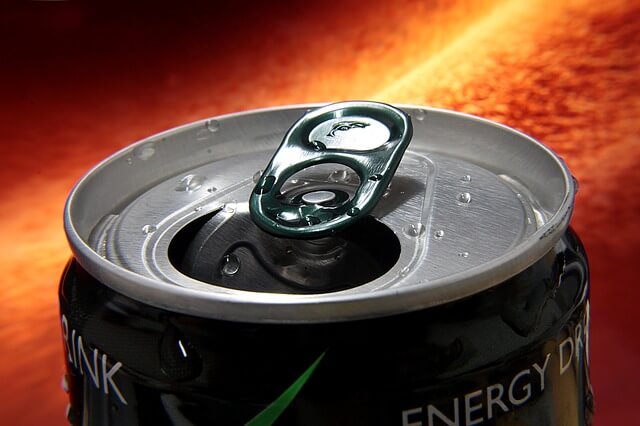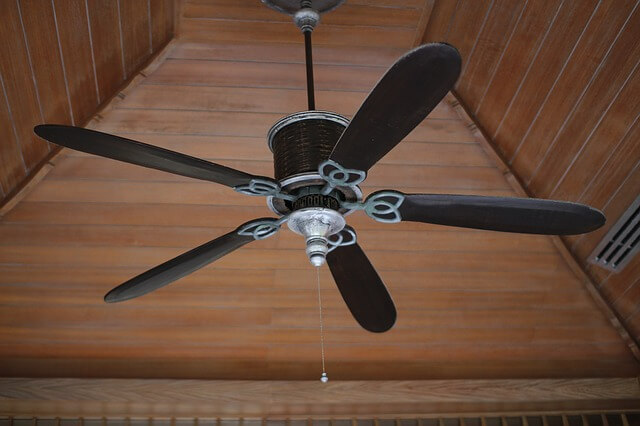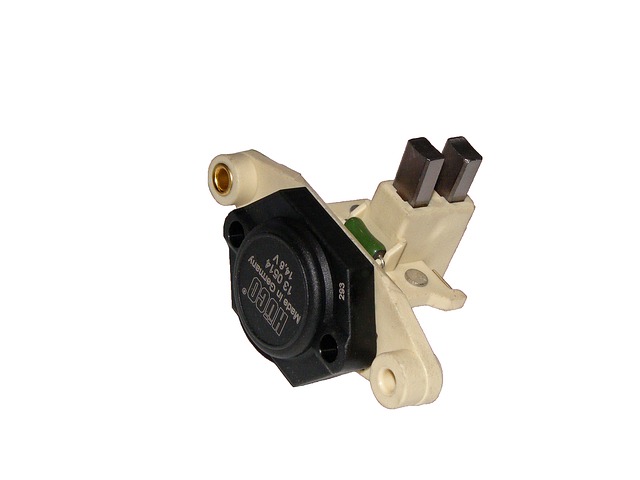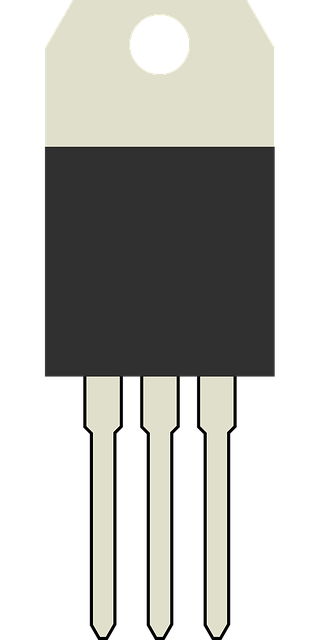Does a fan use more electricity on high speed? Have you ever thought about it? Let us first learn the working procedure of an electric fan by hearing a story.
Energy drink and the speed of an electric fan

Think about a scenario first. Suppose, you want to run on the road. Now, in order to run you need energy. As a result, you took an energy drink. Just after taking the energy drink, you started running wholeheartedly. But, keep in mind that the road is not completely smooth. There are some rough parts too. Here, the property of the road is controlling the speed of your running. The electric fan, electricity, and regulator also have the same property.
The in-depth

In a fan, there is an electric motor and some metallic blade (usually 3). When we switch on the fan, then just because of the voltage difference, electricity passes through the electric motor. As a result, the electric fan starts to rotate. Just like when you started running wholeheartedly after drinking the energy drink. The regulator regulates the amount of voltage difference.
This whole process can be related to how the properties of the road influenced the speed of your walking. As a result, the regulator influences the amount of voltage that passes through to an electric fan. Again, the amount of voltage of an electric fan is proportional to its speed of rotation. As a result, the more the voltage, the more will be the speed of rotation of the electric fan. Now, would you like to understand this from the perspective of the story? Then it goes like this, the more energy drink you take, the more will be your running capacity.
The types of regulator
Now let us come back to the main topic. There are many who wonder that if you increase the speed of the fan, the electricity bill increases, and vice-versa. Again, there are some who think whether or not you increase or decrease the speed of the fan, the electric bill stays the same. I myself agree with both the concepts. Now, you might be perplexed, aren’t you? Actually, both concepts are true. But, they are not completely true. Electric Bill might depend on the speed of the fan or might not. This depends on the type of regulator that you are using. Currently, there are two types of the regulator-
Electrical regulator:

These regulators have variable resistance to decrease the voltage difference of the fan. Now, with the decrease of the voltage of the fan, then the resistor becomes heated. As a result, due to the decrease in electricity supply, the speed of the fan also decreases. Thus, the electricity that is saved by the fan’s voltage or speed is then converted into heat energy. As a result, using this regulator we cann’t save our electric bill. If we now come back to our story, if the man takes less energy drink, he will have less energy to run.
Electronic regulator:

This regulator has a switching device triac. The gate trigger of this device controls the sign web of the voltage of the fan. Again, by changing the RMS value of the fan, it controls the speed of the fan. These regulators never get heated. As a result, it is more electricity convenient. Usually, the electronic regulators are 40% more efficient than the electrical regulators. Now, if we again relate this with a story, then we will get, if the person takes an energy drink that enables them to run at the speed of a horse just by taking a small portion of it, then it is more useful to drink it. Here, the powerful energy drink is the triac.
Check more articles:


